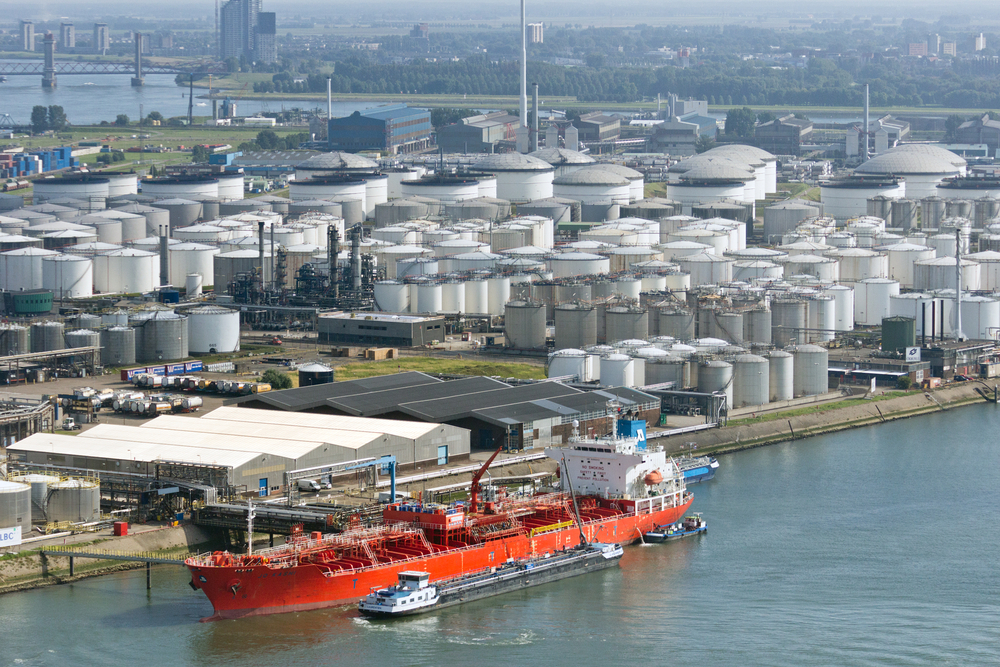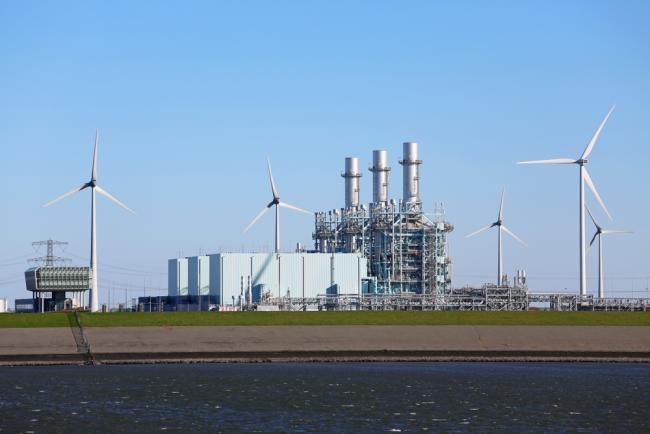Europe’s energy system facing multiple shocks: market adjustments and policy responses

Practical information
Themes and regions
Related centers and programs
This is a private event.
Learn more about our corporate support packagesRussia’s war with Ukraine has multiple spillover effects on Europe’s energy systems which face multiple threats adding up to systemic weaknesses and challenges.

Gas, oil, coal and electricity supply security are under threat and economies and societies are threatened by soaring prices fueling inflation. While hardships are inevitable, urgent actions are needed to foster the resilience of energy systems, cope with unprecedented tensions and challenges while not giving up on core decarbonization objectives. What is the threat assessment and short-term perspectives? What immediate actions can be taken on the supply and demand sides, and what are the long-term implications for the EU’s decarbonization strategy?
- Marc-Antoine Eyl-Mazzega, Director, Center for Energy & Climate, Ifri: The European energy system confronted to Russia’s war
- Alexandre Andlauer, Senior Global Energy Analyst, Kpler: Oil supplies in jeopardy? (tbc)
- Cédric Philibert, Senior Associate Fellow, Center for Energy & Climate, Ifri: Saving gas in a hurry
- Carole Mathieu, Head of the EU policies, Center for Energy & Climate, Ifri: The Fit for 2030 package in question or reinforced?
- Dominique Finon, Emeritus Senior Research Fellow, CNRS: Market design adjustments for limiting spillovers from the gas crisis to electricity markets
Discussant: Olivier Appert, Senior Advisor, Center for Energy & Climate, Ifri
This webinar will be held in English using the platform Zoom.
Find out more
The Energy Price Crises: A Reality Check for Europe’s Green Deal
On its path to carbon neutrality, the European Union (EU) will be exposed to growing energy price volatility and vulnerable to Russian and Chinese pressure on supply and demand.
The EU’s Carbon Border Adjustment Mechanism: A Piece in the Industry Decarbonization Puzzle
The Carbon Border Adjustment Mechanism (CBAM) is a first step toward reconciling the European Union (EU)’s climate and trade interests. However, a complementary set of domestic and external policies will be needed to drive the decarbonization of European and global energy-intensive industries.
Related Subjects
Other events

EV Supply Chains for Japan and Europe: Strengthening Economic Security
Economic security aims to ensure the resilience of supply chains for key industries: the case of electric vehicle production in Japan and Europe will be discussed.

From Ambition to Action: Exploring Technological Partnerships with India
The 16th EU-India Summit, held on January 27th in New Delhi with European leaders António Costa, Ursula von der Leyen, and Prime Minister Narendra Modi, marks a significant milestone in deepening EU-India relations. At the same time, official bilateral visits from EU member states are on the rise, including that of the French President, who visited India in February to participate in the Artificial Intelligence Summit. As India asserts its technological ambitions and seeks to reduce its dependence on China, Europe is stepping up its efforts to diversify its strategic partnerships.








